The Past of Sudoku: Exploring development and historical significance
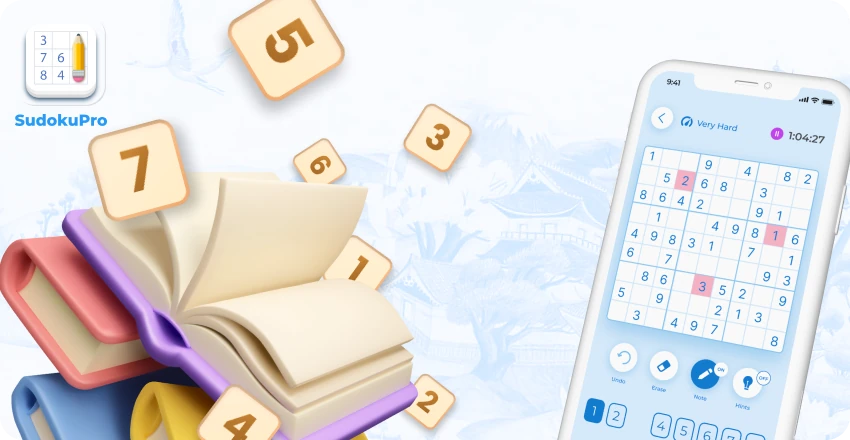
Sudoku is often perceived as a Japanese intellectual game, but this is a common misconception. The puzzle was created by the Swiss mathematician Leonhard Euler. However, the first puzzles were officially released in France in 1895.
Sudoku in the USA: Howard Garns and the Birth of Modern Sudoku
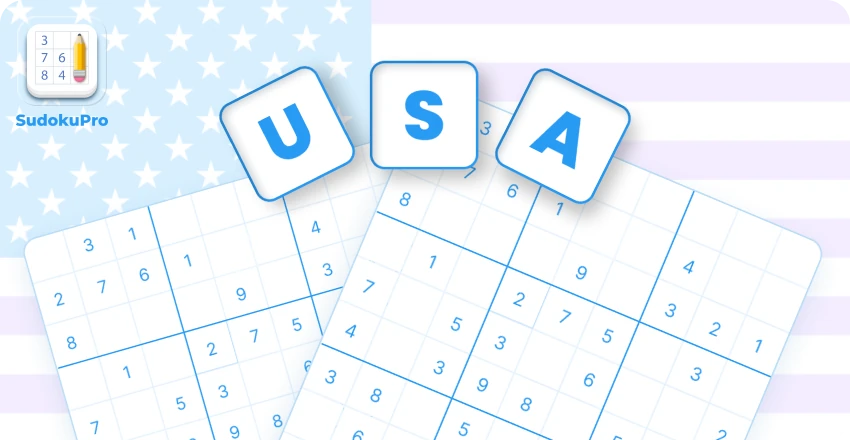
Howard Garns from the USA is considered the official creator of Sudoku. He presented his puzzles in the Dell Magazine in 1975. Subsequently, this exciting game quickly gained wide popularity. The puzzle was called "Number Place" because players had to enter numbers into the empty cells of a 9x9 grid.
Sudoku in Japan: Popularity and Rise
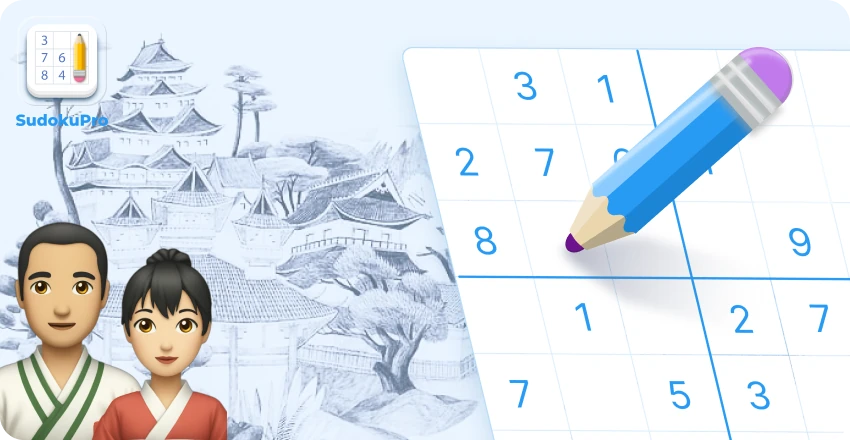
The Japanese also showed interest in puzzles. Sudoku appeared in local newspapers and magazines in 1984. The name comes from the Japanese phrase "Sūji wa dokushin ni kagiru," which means "numbers are limited to one location". The record holder for the number of world titles is a native Japanese. Today, the game remains well known in Japan, where thousands of magazines with logic puzzles are sold all the time.
The prevalence of Sudoku in Japan is explained by the Japanese mentality and the difficulty of using Japanese characters when solving puzzles. This linguistic problem led to the fact that numbers became a universal language of communication. In addition, the complex geography of Japan contributes to the interest in the game. People who spend more than an hour to get to their workplace often play Sudoku to pass the time.
Wayne Gould and Computerized Sudoku Puzzle
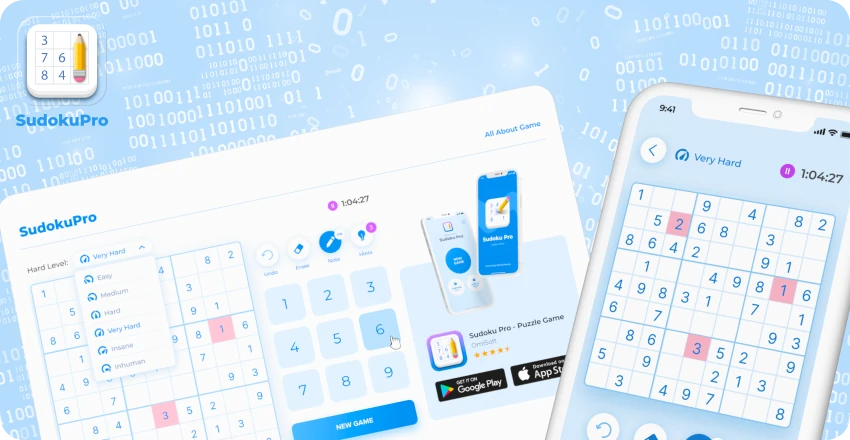
Wayne Gould, initially employed as a judge rather than a professional programmer, is credited as the creator of the first Sudoku computer program. The puzzle game, which later lost popularity among Americans, was revived by Gould from New Zealand in 1997. He spent six years developing a computer program for creating Sudoku puzzles.
Sudoku can be used not just in printed media but also through online platforms. Additionally, people have the opportunity to play online and install mobile applications on Android or iOS devices. These apps often come with extra features such as hints and an easy selection of difficulty levels.
Sudoku around the world: London, Championships, and Record-breaking Moments
The Times of London started publishing the puzzle in the UK in 2004, and it soon spread to the US and worldwide. The first World Sudoku Championship was held in Italy by the World Puzzle Federation in 2006. Thomas Snyder is the record holder in the speed of solving game and at the same time a three-time world champion. The 2023 World Sudoku Championship in Toronto ended with the victory of Tantan Dai from China, who won her first world title.
International Sudoku Day
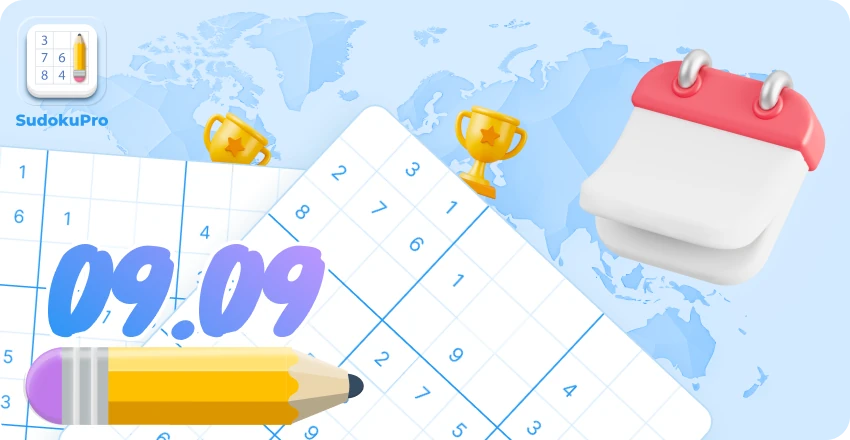
The World Puzzle Federation declared September 9 the official International Sudoku Day in 2013, and the celebration has been held annually since then. Sudoku enthusiasts will probably recognize the symbolic meaning of the chosen date. The goal of the Sudoku game is to fill the 9×9 grid so that each column, row, and 3×3 section contains all the numbers from 1 to 9. Thus, the emphasis on the number nine fits perfectly with the theme of the celebration.
Sudoku today: A puzzle for the ages
Sudoku continues to fascinate people in modern society with its unique combination of logic and simplicity. Whether in print, on online platforms, or mobile devices, Sudoku remains a favourite aspect of everyday life for puzzle enthusiasts. It is an intellectual journey that is suitable for both beginners and experts. The game develops mental flexibility, improves problem-solving skills, and promotes the development of the left hemisphere of the brain. In addition, the rules are very simple and the numerical language used in Sudoku is universal everywhere in the world.